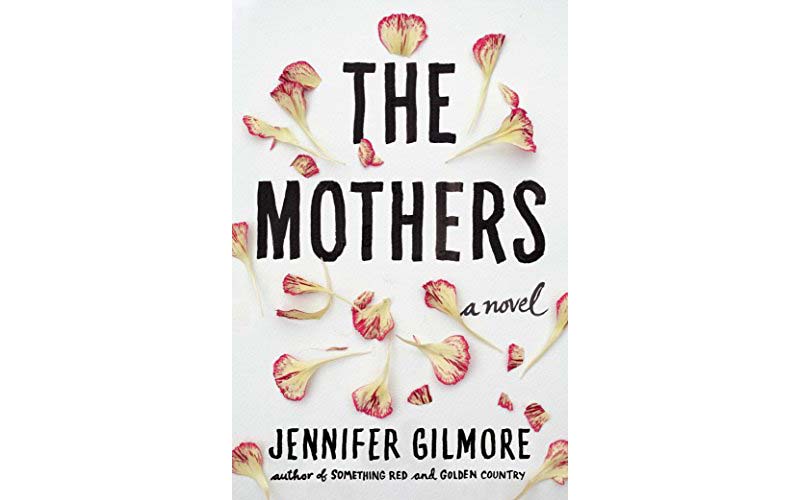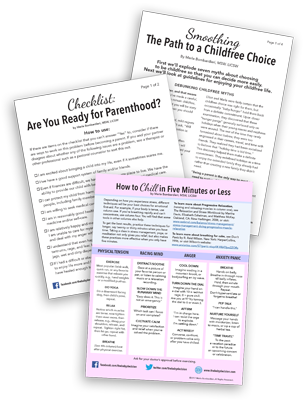
The Mothers review
The Mothers by Jennifer Gilmore: A Heartbreaking Novel of Adoption Woes
Plus some suggestions for a smooth adoption experience
{See also the writer’s non-fiction article “The Dark, Sad, Side of Domestic Adoption” The Atlantic, April 2013, which tells her own harrowing story, finally has a happy ending: the placement of her son with her and her husband.}
Even though I highly recommend this book, I would like to put a warning on its cover: “This book may be hazardous to your hope. There is a danger that you will conclude that adoption is harder and takes longer than it actually does for most adopters. It is recommended that while ingesting this book you have on hand, for encouragement and reassurance, a happy, post-adoptive parent, a support group or fertility/adoption professional for a reality check.”
The Mothers accomplishes four tasks:
- It depicts the anguish of infertility and adoption in language so spare and beautiful that the story and its readers are somehow transformed though art.
- It shows the indignities and uncertainties of the adoption process, including how lacking in compassion some agencies and adoption workers are, and how you might be cruelly scammed by birthmothers more getting your money than giving you a child. Or they might not even be pregnant!
- The narrator’s restraint shows us more about her and her husband’s emotion than telling would have. She uses action, dialogue and scene description to reveal the couple’s experience
- It describes the envy that women undergoing infertility and adoption universally experience, but feel guilty about, and often keep secret.
Here Jesse describes discovering that her sister is pregnant during her pursuit of adoption:
Through the window, I could see Lucy seated on the living room couch, her face in profile….Her face was a bit fuller now, which gave her the appearance of being younger than thirty-six…..
Lucy turned toward the window, {saw me and smiled} She waved and slowly. rose to her feet..It was when she stood that I saw it. Bisected by the picture window panes was my sister’s body, standing now, the center of her founded. Her hands slid along her belly…..the shape of a small turned caldron.
I stared. I am not sure if my jaw was slack, but I could not register the image before me. It entered me the way all necessary bits of necessary information I’ve accrued have entered me, far too slowly and without clarity….
I walked up the stairs and she moved toward me and then I felt her imprint upon me, her large stomach at my stomach, her burgeoning breasts at mine as she hugged me tightly. She gripped my back, and as I went to release her from my grasp, she continued to hug me, tighter now.
I could not explain then even one of the reasons I was crying.”
As if the adoptions that crashed and burned weren’t enough, when our heroine’s menstrual period is late, and she has to see her gynecologist. She must enter waiting room hell: large-bellied women rubbing their tummies.
I sat down in the sliver of space left on the large leather couch.” We.” I saw it clearly that each of these women was already a “we” and I was an
“I.” My body, I mean. Even how those letters look: I. We. I pictured them. I saw all our bodies.”
I discovered that the passages that moved me the most were about infertility, not adoption. Even after Jesse stops treatment and seeks adoption, infertility still casts its shadow.
Wearing my book reviewer hat, I found the ending troublesome. In terms of novel structure, a character wants something badly and by the end of the book either receives it or does not. If the character’s desire is granted, the reader expects to experience some of the person’s relief and joy. If the desire is not granted, the reader enjoys the sense of how the character comes to term with this and is somehow profoundly changed by the loss. The last words of the novel is a four-word sentence, “We have found her.” A strong sentence, but readers want more of a sense of Jesse’s joy, or even a sense of disappointment—is this all there is, a screaming pooping baby? Perhaps the point here is that after so much grief and disappointment, Jesse may be too numb to love the baby yet.
Perhaps an epilogue, one month into Jesse and Ramon’s pleasure with parenthood, might have accomplished this.
Wearing my infertility/adoption psychotherapy and coaching hat, for those considering adoption or already underway, some suggestions:
- Before choosing an adoption agency, look for compassionate social workers at the informational meeting. Try talking to others who have used the agency or going online.
- Do grief homework before your home study. This will free you to have energy and concentrated focus on adoption. Adoption workers expect you to have some sadness, and are thrilled to learn you did some work on this, whether with a therapist, a minister, an infertility or adoption support group, or talking to family, friends, or people who went through infertility before adopting. You can find referrals through resolve.org or local chat groups or in-person support groups.
- Know the crucial differences between your conversations with psychotherapists and those with your adoption worker. My clients are free to tell me everything, including anger and frustration with the process, their doubts about whether adoption is right for them, and any couple disagreement about whether or not Our work is voluntary and confidential. While your adoption worker will typically be supportive, she will worry if you bring up all of the above, especially as unfinished business! You want to reassure her with the sense that you’ve already done your homework. You are ready for placement.
You can also use your adoption/fertility therapist or coach to debrief adoption meetings and prepare for the next one. We often use humor. “If the worker says something that hits a raw nerve, you can deal with it diplomatically in your meeting, but come to me and say, “When she said that, what we really wanted to say to her, was…..”
Resolve.org and Creating a Family.org are great resources for decision-making, coping, and support.
Have you read The Mothers? Let us know what you think.
Do you have tips for people currently adopting?
If you know someone who would enjoy this review, and advice, please share it. If you haven’t already signed up for my newsletter and updates, you can do that here. You will receive a cheat sheet “How to Chill in Five Minutes or Less” plus a handout on childfree living or parenting.

